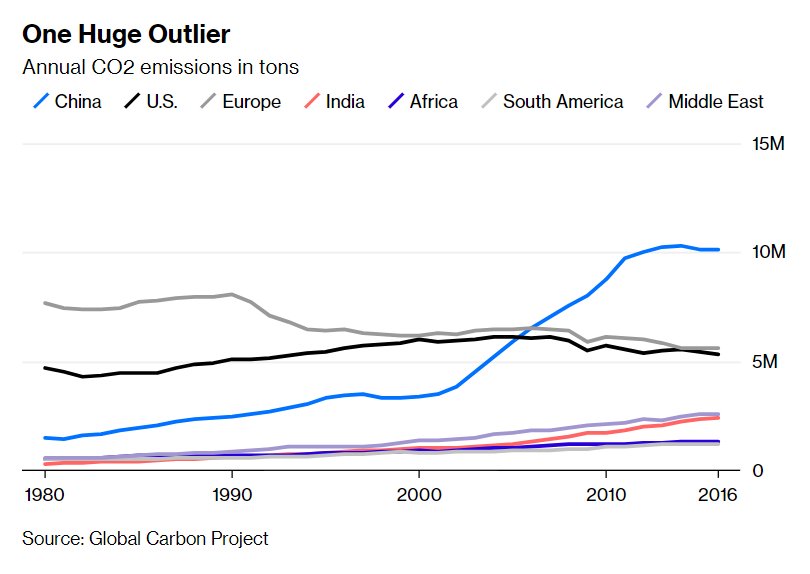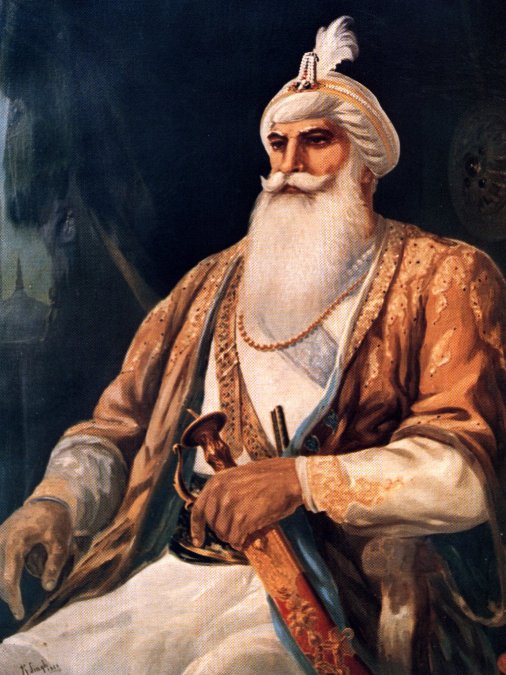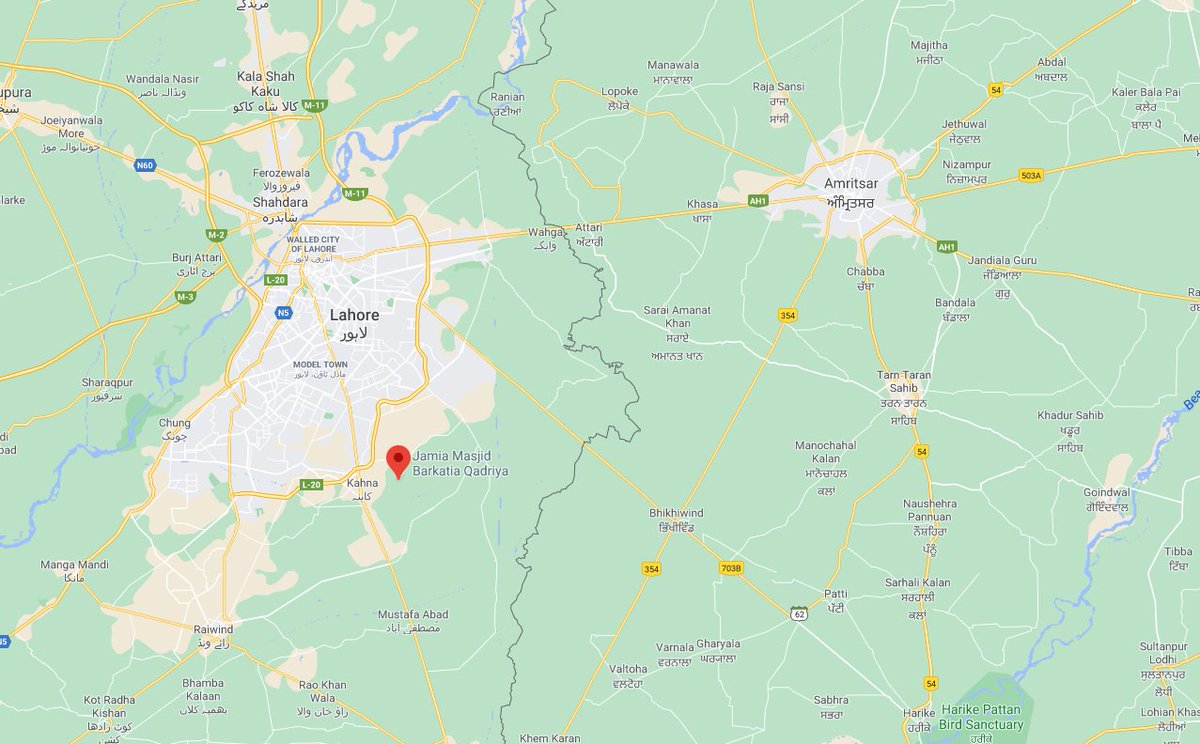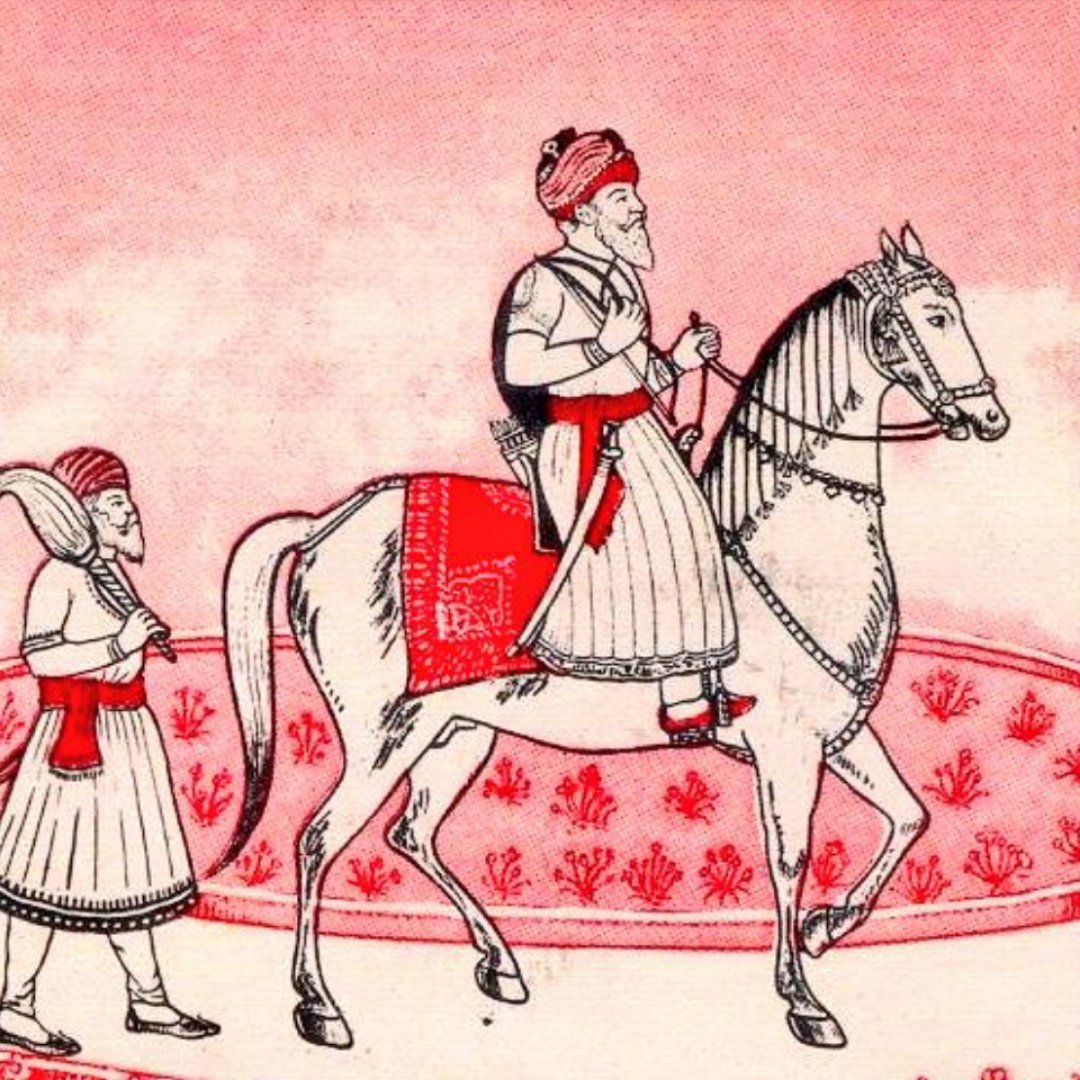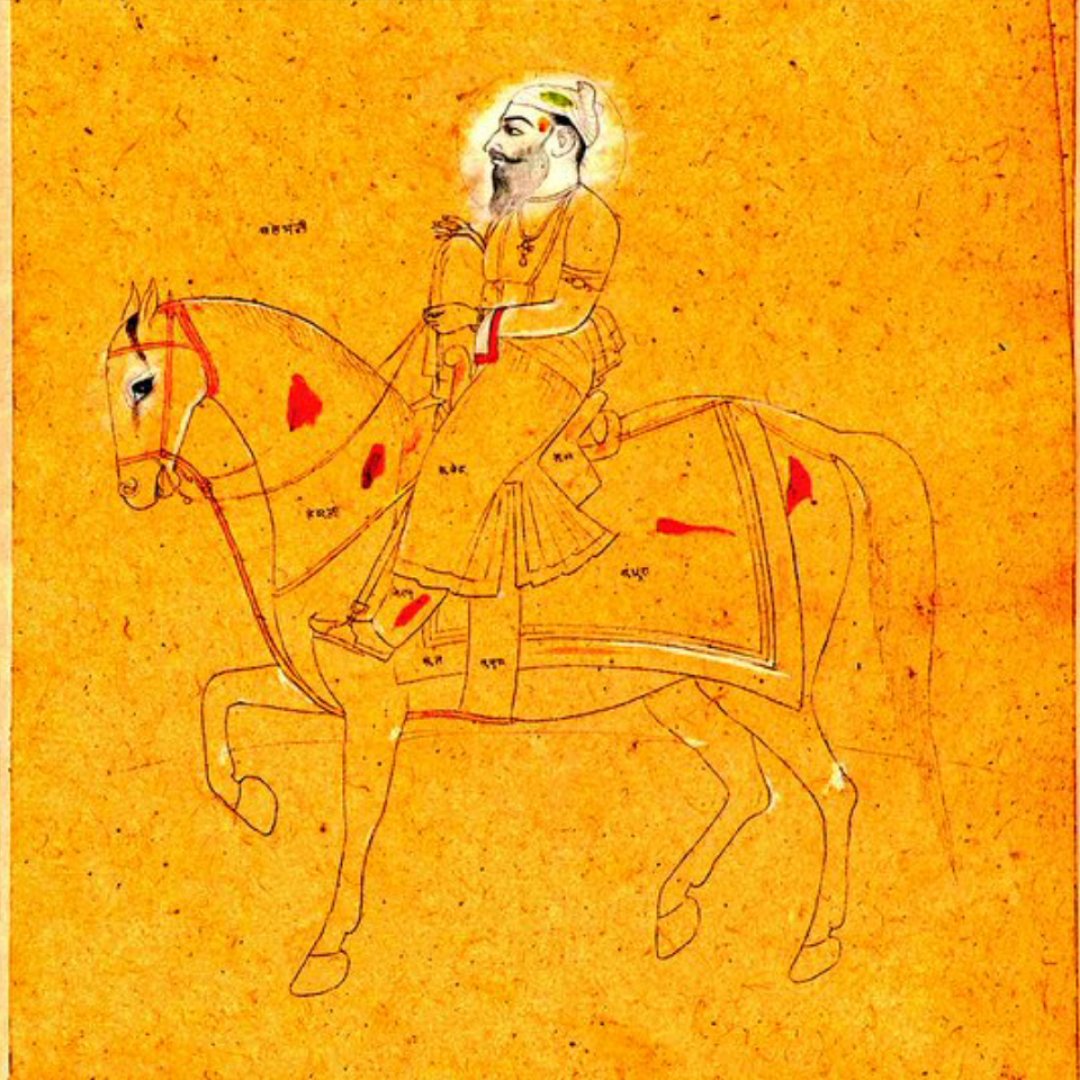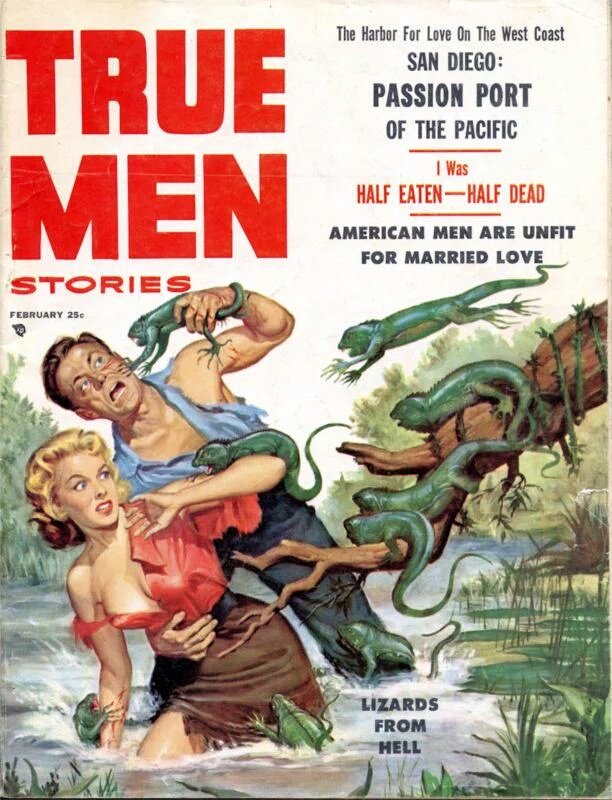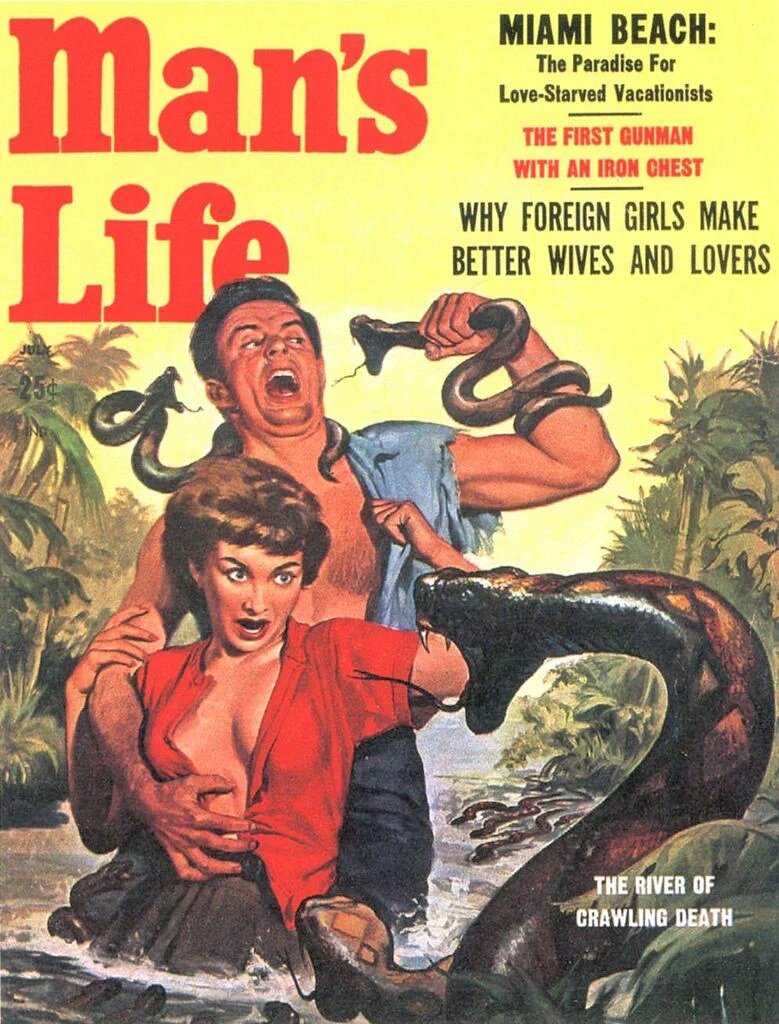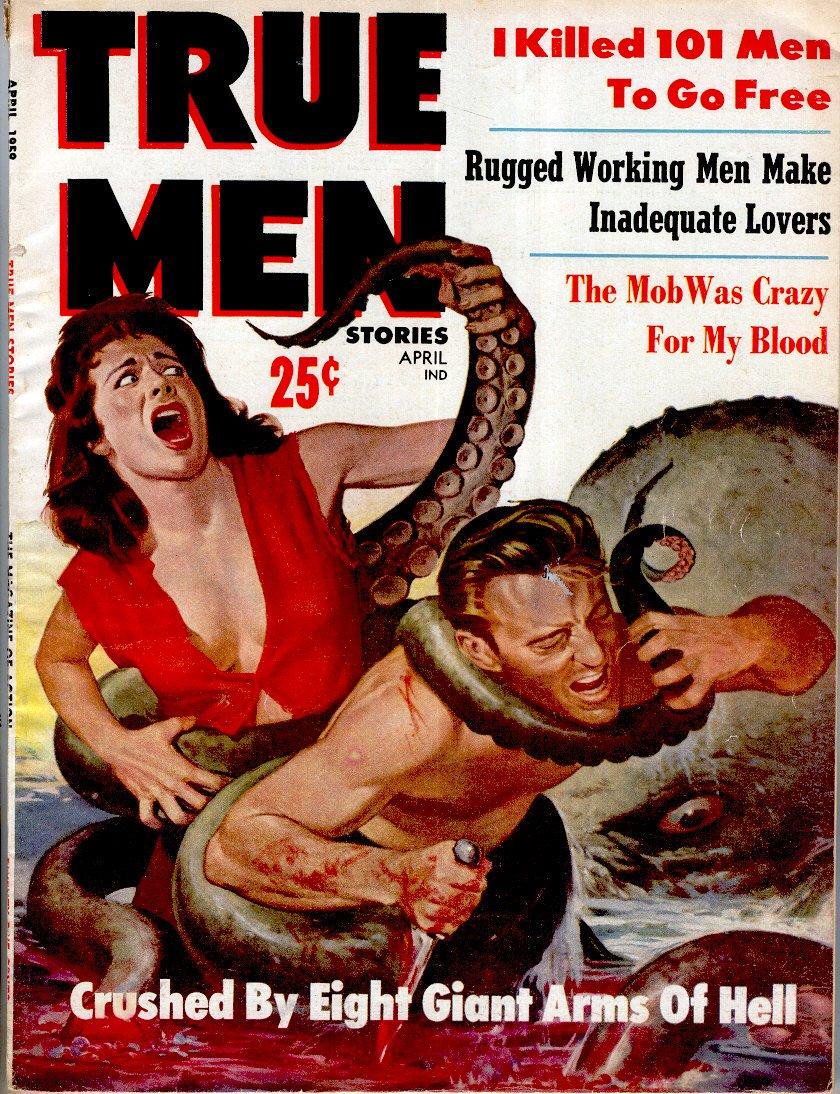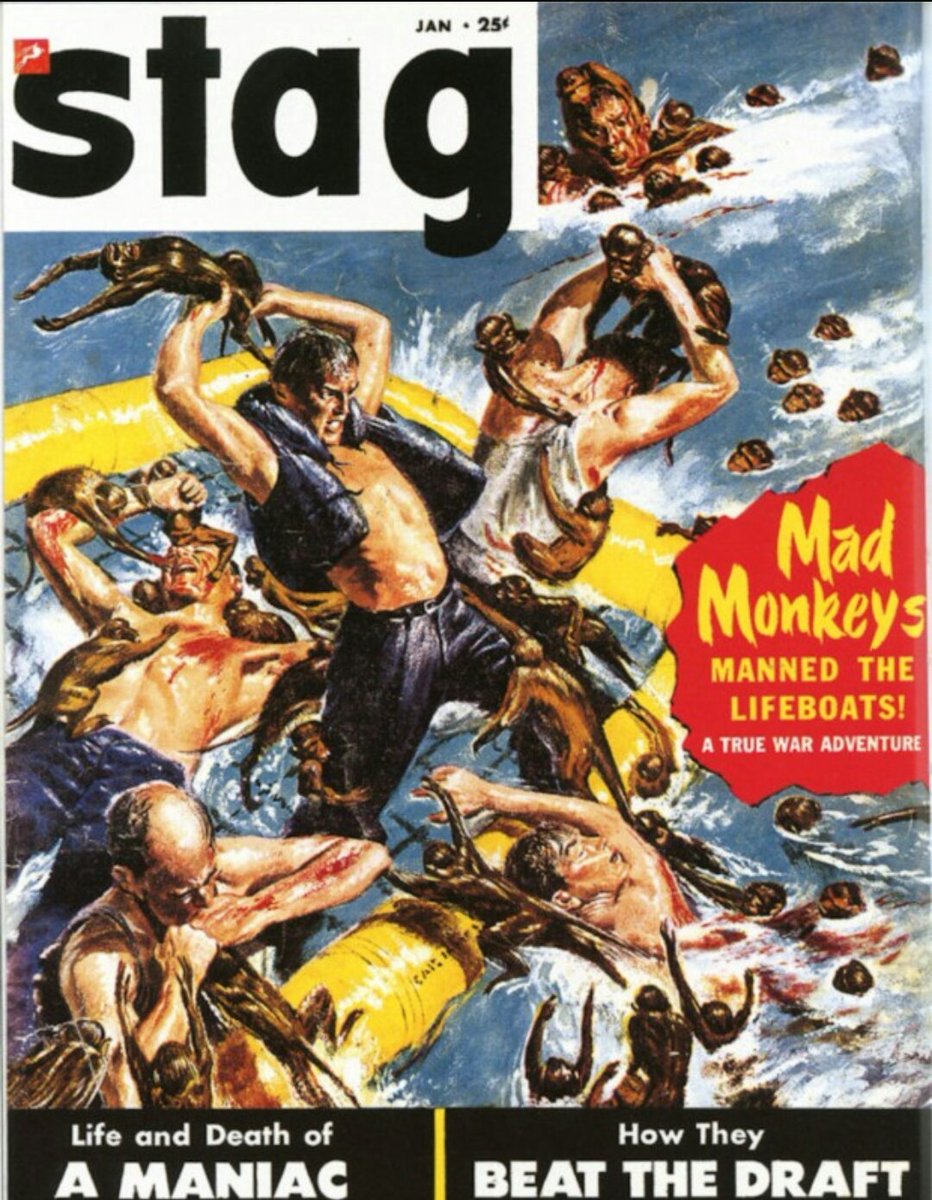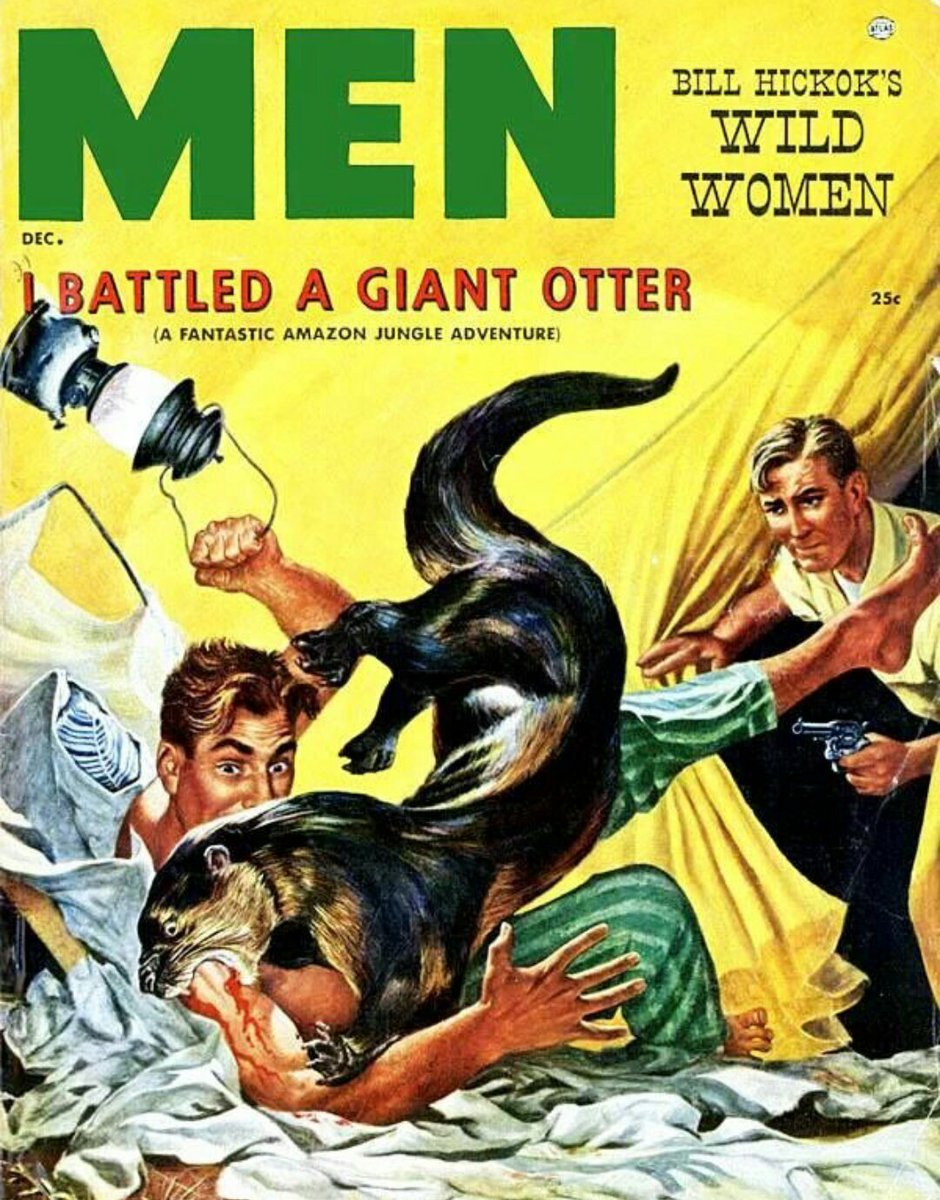Remember: Just because an idea is old doesn't mean it's good.
More from Noah Smith
1/I'm thinking about the end of Apu in the context of the national debates on immigration and diversity.
2/Apu's presence in Springfield represented a basic reality of America in the late 20th and early 21st century: the presence of nonwhite immigrants.
3/As Tomas Jimenez writes in "The Other Side of Assimilation", for my generation, immigrants from India, China, Mexico, and many other countries aren't strange or foreign. On the contrary, they're a
4/But that America I grew up with is fundamentally ephemeral. The kids of immigrants don't retain their parents' culture. They merge into the local culture (and, as Jimenez documents, the local culture changes to reflect their influence).
5/Simpsons character don't change. But real people, and real communities, do. So a character who once represented the diversity that immigrants brought to American towns now represents a stereotype of Indian-Americans as "permanent foreigners".
\u2018The Simpsons\u2019 producer confirms Apu is being written out of show following controversy https://t.co/lKzFCe1wFa pic.twitter.com/s34IUDUtqs
— NME (@NME) October 26, 2018
2/Apu's presence in Springfield represented a basic reality of America in the late 20th and early 21st century: the presence of nonwhite immigrants.
3/As Tomas Jimenez writes in "The Other Side of Assimilation", for my generation, immigrants from India, China, Mexico, and many other countries aren't strange or foreign. On the contrary, they're a
4/But that America I grew up with is fundamentally ephemeral. The kids of immigrants don't retain their parents' culture. They merge into the local culture (and, as Jimenez documents, the local culture changes to reflect their influence).
5/Simpsons character don't change. But real people, and real communities, do. So a character who once represented the diversity that immigrants brought to American towns now represents a stereotype of Indian-Americans as "permanent foreigners".
1/OK, so. Let's talk about Left-NIMBYism.
We all know about Right-NIMBYs, rabidly protecting their white-flight suburbs from Those People. And there are plenty of liberal NIMBYs too.
But NIMBYs of the Left are also a force to be reckoned
2/Left-NIMBYs have developed a canon of interlocking, mutually reinforcing beliefs about housing and urbanism.
These beliefs are mostly false, but they form a powerful "canon" that quickly ossifies into a hardened worldview.
It looks something like this:
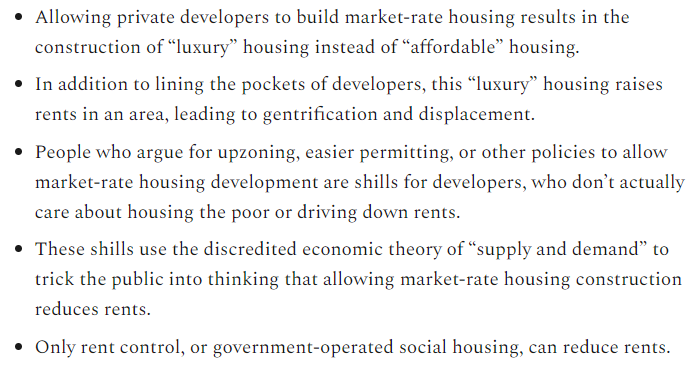
3/Fortunately, Nathan J. Robinson of Current Affairs has written an article that perfectly encapsulates the Left-NIMBY worldview (and quotes me in it!).
So this is a teachable
4/Robinson selectively quotes a Bloomberg article of mine (https://t.co/iamRrW6oei).
Look at the part he quoted, vs. what I actually wrote!
Pretty different, eh? 😉

5/In fact, as I wrote in the article that Robinson failed to read more than one line of, it's theoretically possible that Left-NIMBYs COULD be right that allowing market-rate housing drives up local rents.
I take that possibility very seriously, as do YIMBYs.
We all know about Right-NIMBYs, rabidly protecting their white-flight suburbs from Those People. And there are plenty of liberal NIMBYs too.
But NIMBYs of the Left are also a force to be reckoned
2/Left-NIMBYs have developed a canon of interlocking, mutually reinforcing beliefs about housing and urbanism.
These beliefs are mostly false, but they form a powerful "canon" that quickly ossifies into a hardened worldview.
It looks something like this:

3/Fortunately, Nathan J. Robinson of Current Affairs has written an article that perfectly encapsulates the Left-NIMBY worldview (and quotes me in it!).
So this is a teachable
4/Robinson selectively quotes a Bloomberg article of mine (https://t.co/iamRrW6oei).
Look at the part he quoted, vs. what I actually wrote!
Pretty different, eh? 😉

5/In fact, as I wrote in the article that Robinson failed to read more than one line of, it's theoretically possible that Left-NIMBYs COULD be right that allowing market-rate housing drives up local rents.
I take that possibility very seriously, as do YIMBYs.
Time for panel #3: Big Tech and regulation!
I will be live-tweeting again, and you can also watch video at either the Twitter or Facebook links below!
Kaissar: Every industry gets regulated when it gets big. The question is what kind of regulation Big Tech will get,and whether the companies will be proactive in shaping it.
Kaissar: More profitable companies have higher returns. Why? Maybe it's a risk factor, because more profit = higher risk of getting regulated.
Bershidskyis showing a diagram of GDPR complaince pop-ups. What a massive ill-conceived bureaucratic mess.
Ritholtz: It's 2018 and we're still talking about Facebook privacy settings?! If you're still giving your personal data to Facebook, you just don't care about privacy!
I will be live-tweeting again, and you can also watch video at either the Twitter or Facebook links below!
Bloomberg Ideas conference now starting! I will be live-tweeting it. You can watch on our Facebook or Twitter pages (links below)! https://t.co/Mbr9dZzWBy
— Noah Smith (@Noahpinion) October 25, 2018
Kaissar: Every industry gets regulated when it gets big. The question is what kind of regulation Big Tech will get,and whether the companies will be proactive in shaping it.
Kaissar: More profitable companies have higher returns. Why? Maybe it's a risk factor, because more profit = higher risk of getting regulated.
Bershidskyis showing a diagram of GDPR complaince pop-ups. What a massive ill-conceived bureaucratic mess.
Ritholtz: It's 2018 and we're still talking about Facebook privacy settings?! If you're still giving your personal data to Facebook, you just don't care about privacy!
More from Society
You May Also Like
Tip from the Monkey
Pangolins, September 2019 and PLA are the key to this mystery
Stay Tuned!

1. Yang
2. A jacobin capuchin dangling a flagellin pangolin on a javelin while playing a mandolin and strangling a mannequin on a paladin's palanquin, said Saladin
More to come tomorrow!

3. Yigang Tong
https://t.co/CYtqYorhzH
Archived: https://t.co/ncz5ruwE2W

4. YT Interview
Some bats & pangolins carry viruses related with SARS-CoV-2, found in SE Asia and in Yunnan, & the pangolins carrying SARS-CoV-2 related viruses were smuggled from SE Asia, so there is a possibility that SARS-CoV-2 were coming from
Pangolins, September 2019 and PLA are the key to this mystery
Stay Tuned!

1. Yang
Meet Yang Ruifu, CCP's biological weapons expert https://t.co/JjB9TLEO95 via @Gnews202064
— Billy Bostickson \U0001f3f4\U0001f441&\U0001f441 \U0001f193 (@BillyBostickson) October 11, 2020
Interesting expose of China's top bioweapons expert who oversaw fake pangolin research
Paper 1: https://t.co/TrXESKLYmJ
Paper 2:https://t.co/9LSJTNCn3l
Pangolinhttps://t.co/2FUAzWyOcv pic.twitter.com/I2QMXgnkBJ
2. A jacobin capuchin dangling a flagellin pangolin on a javelin while playing a mandolin and strangling a mannequin on a paladin's palanquin, said Saladin
More to come tomorrow!

3. Yigang Tong
https://t.co/CYtqYorhzH
Archived: https://t.co/ncz5ruwE2W

4. YT Interview
Some bats & pangolins carry viruses related with SARS-CoV-2, found in SE Asia and in Yunnan, & the pangolins carrying SARS-CoV-2 related viruses were smuggled from SE Asia, so there is a possibility that SARS-CoV-2 were coming from

